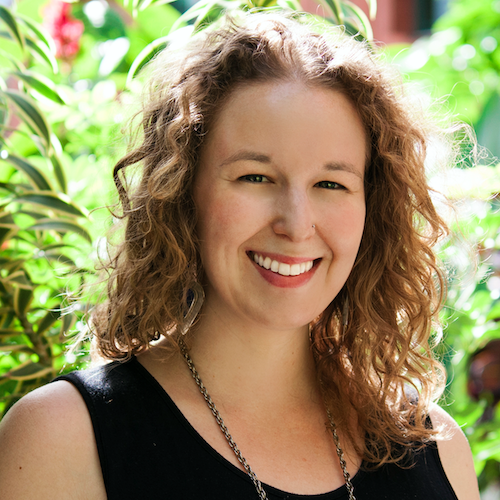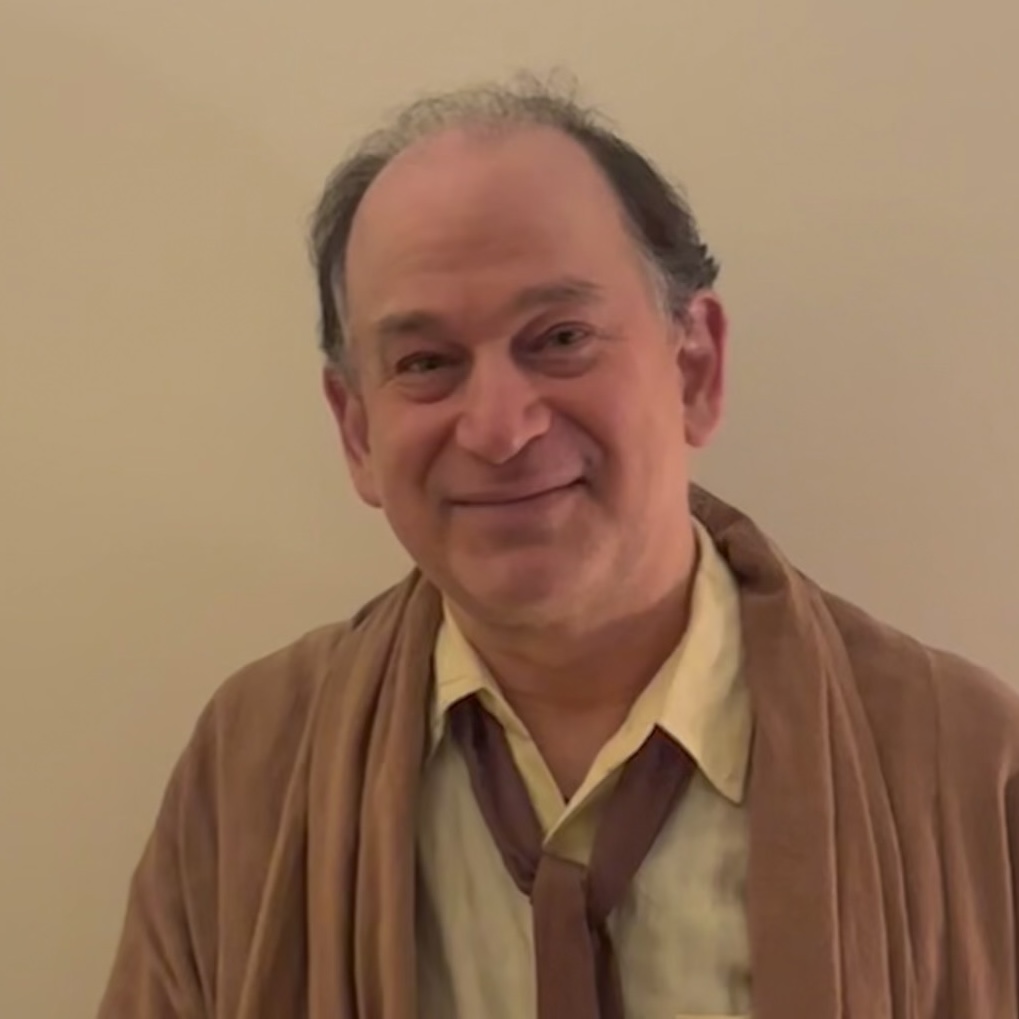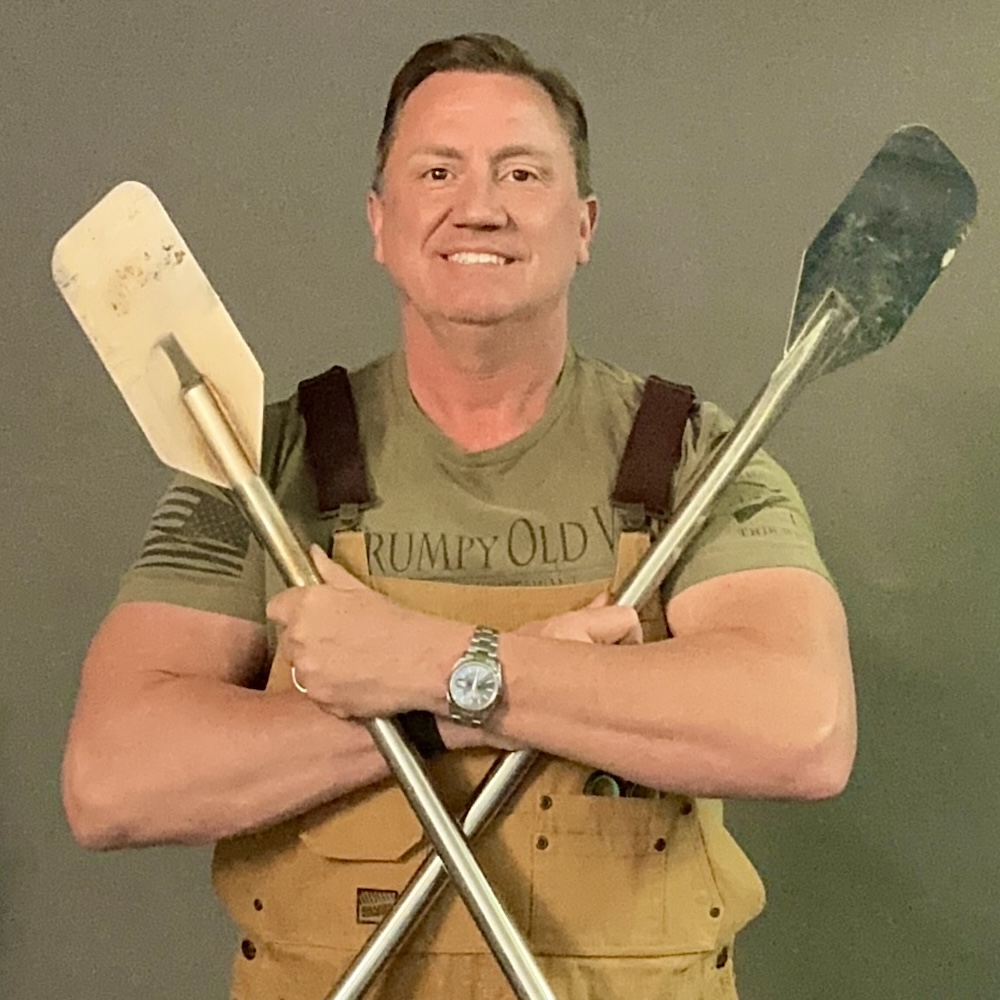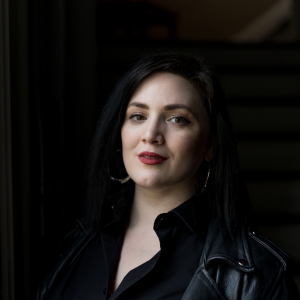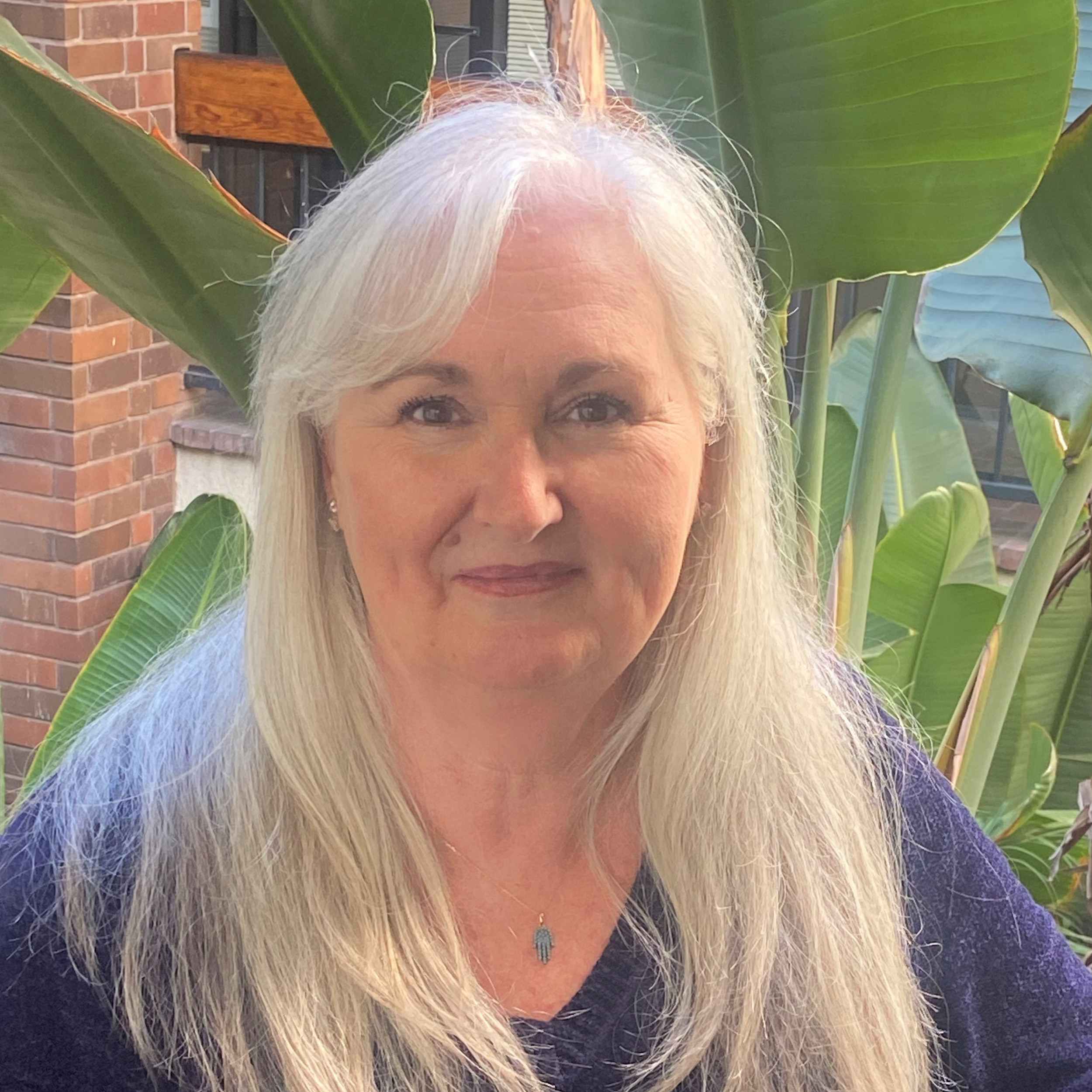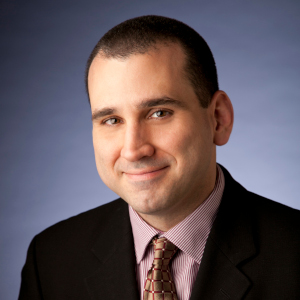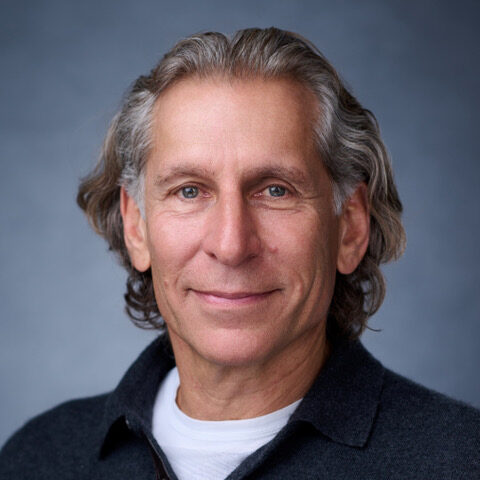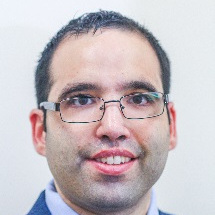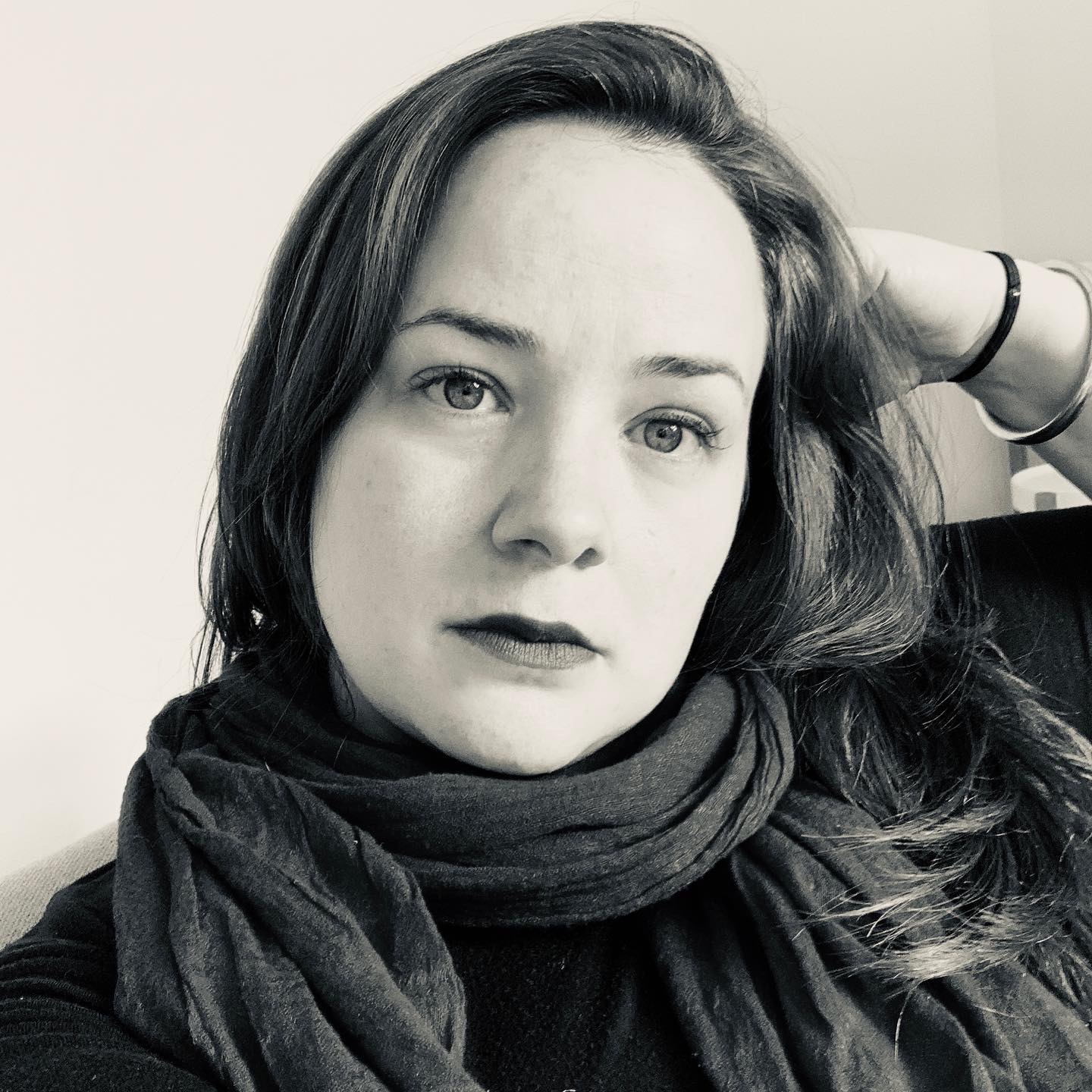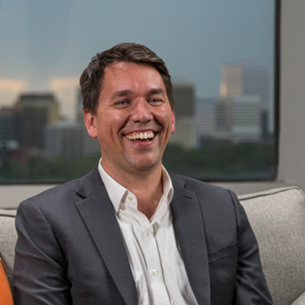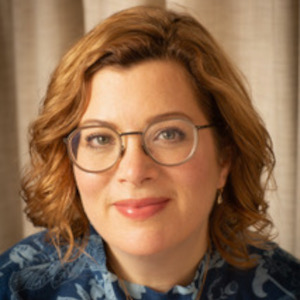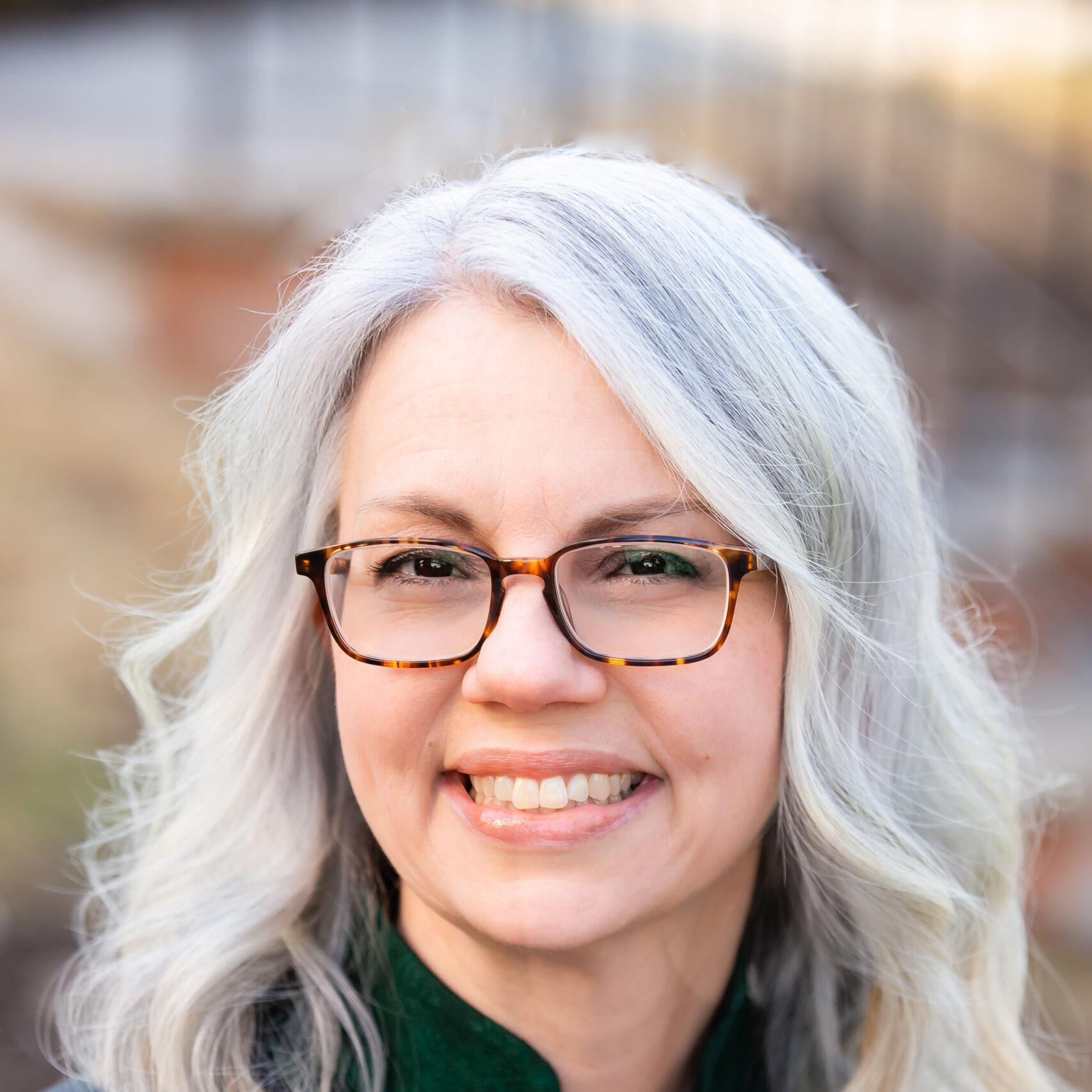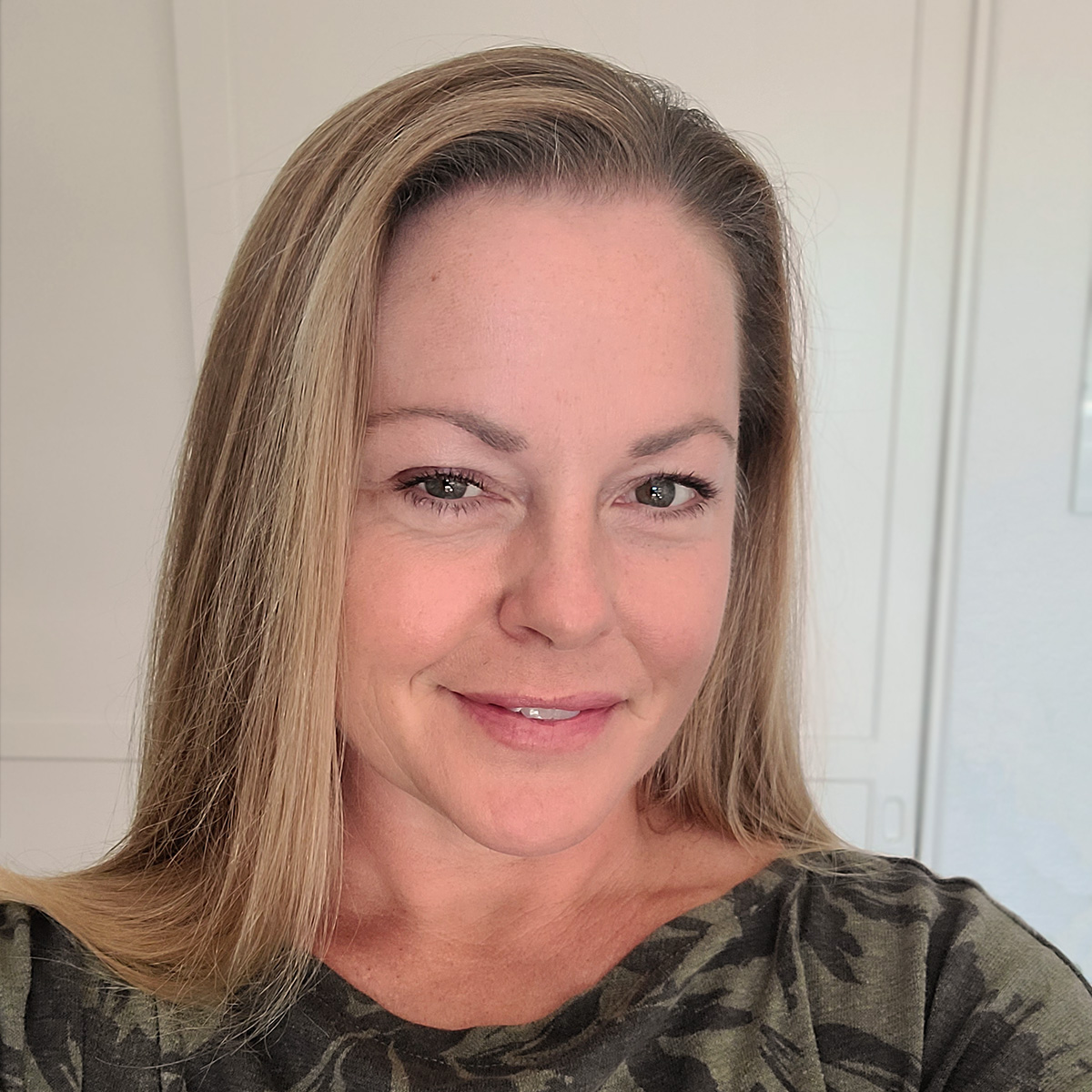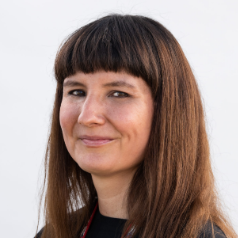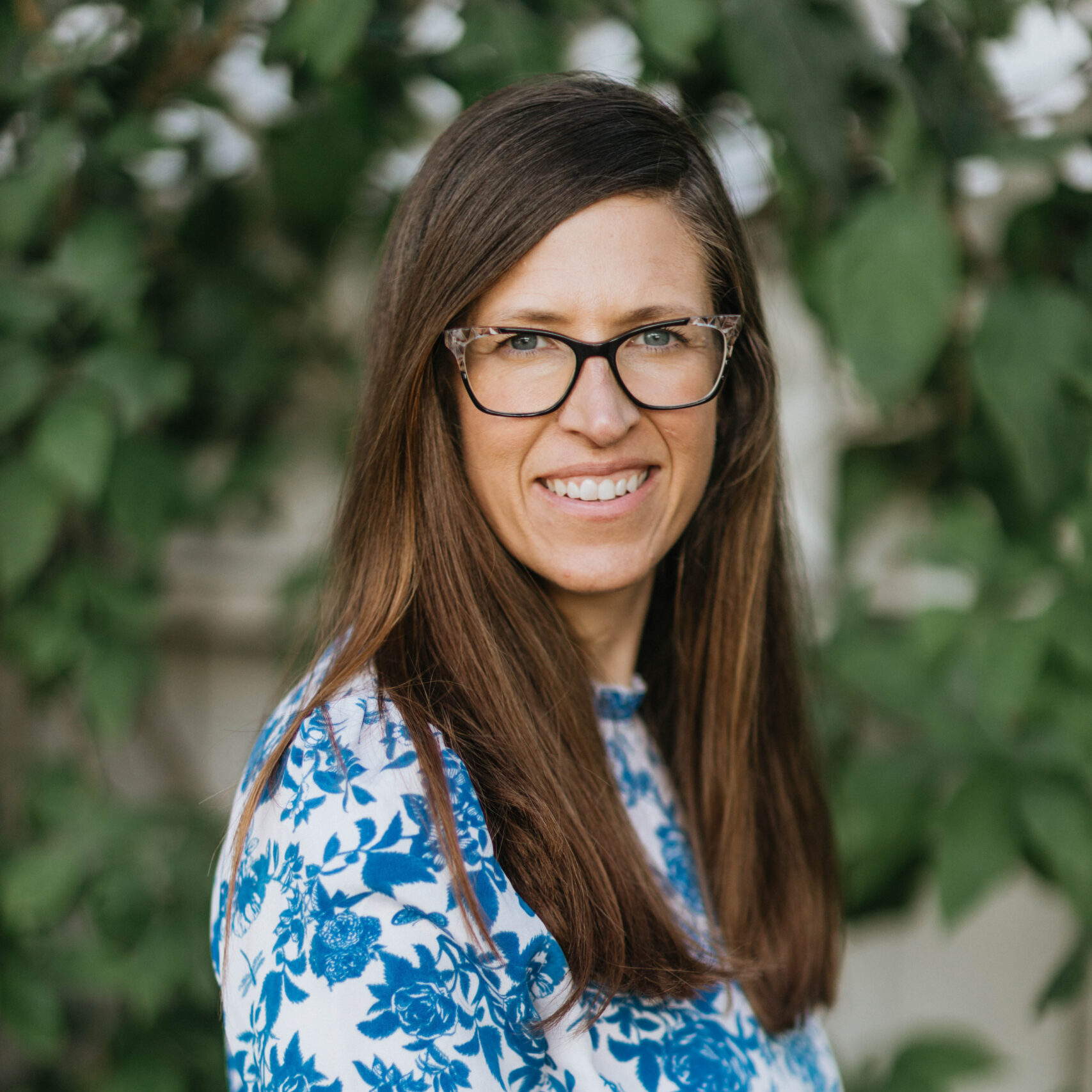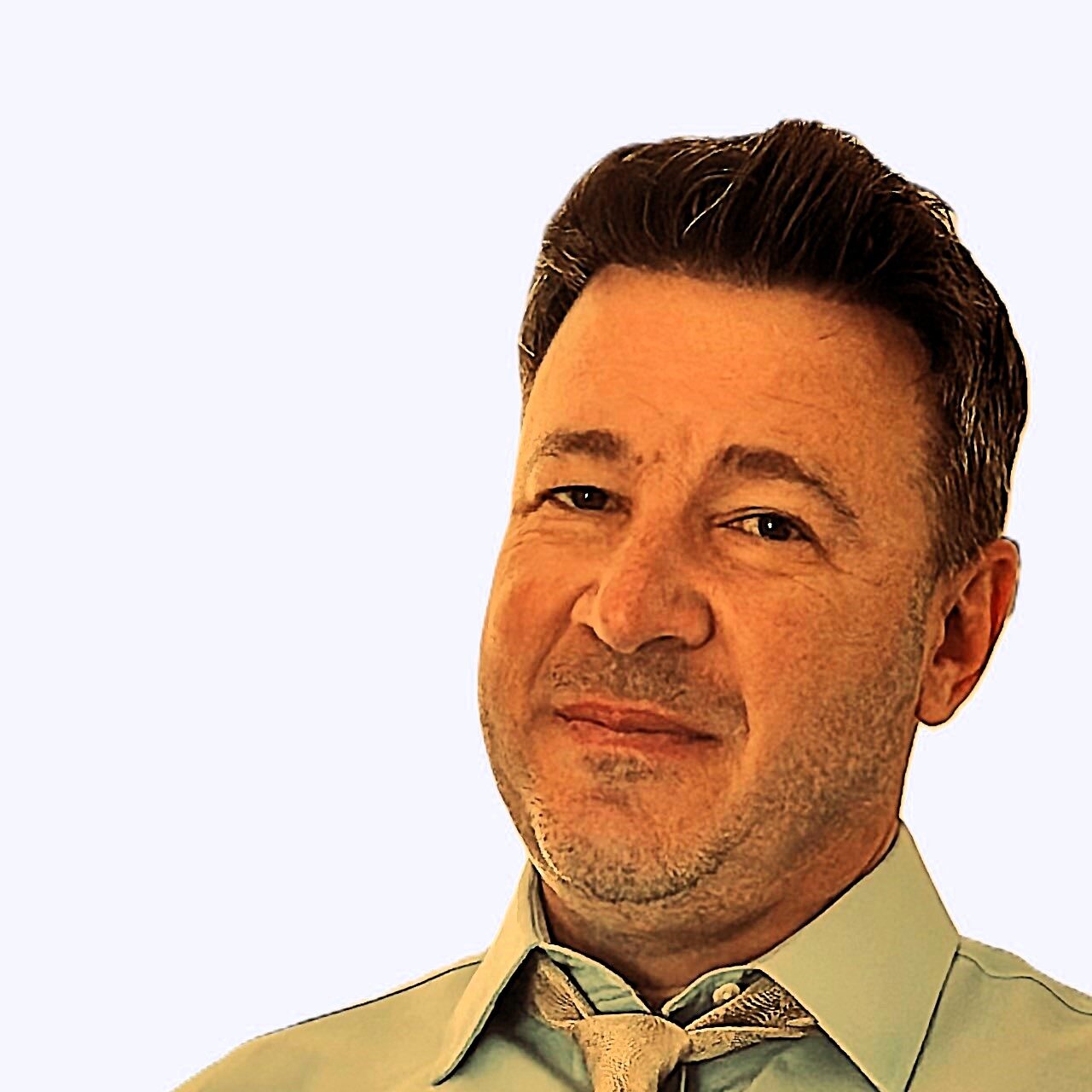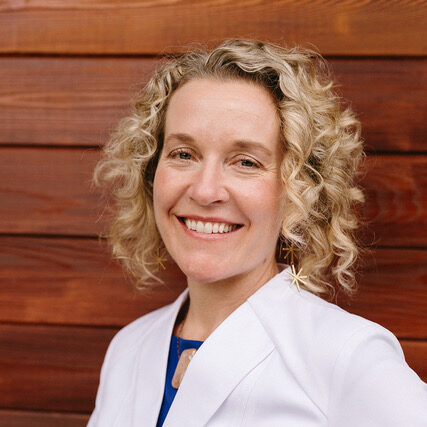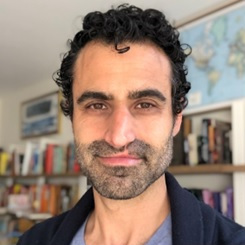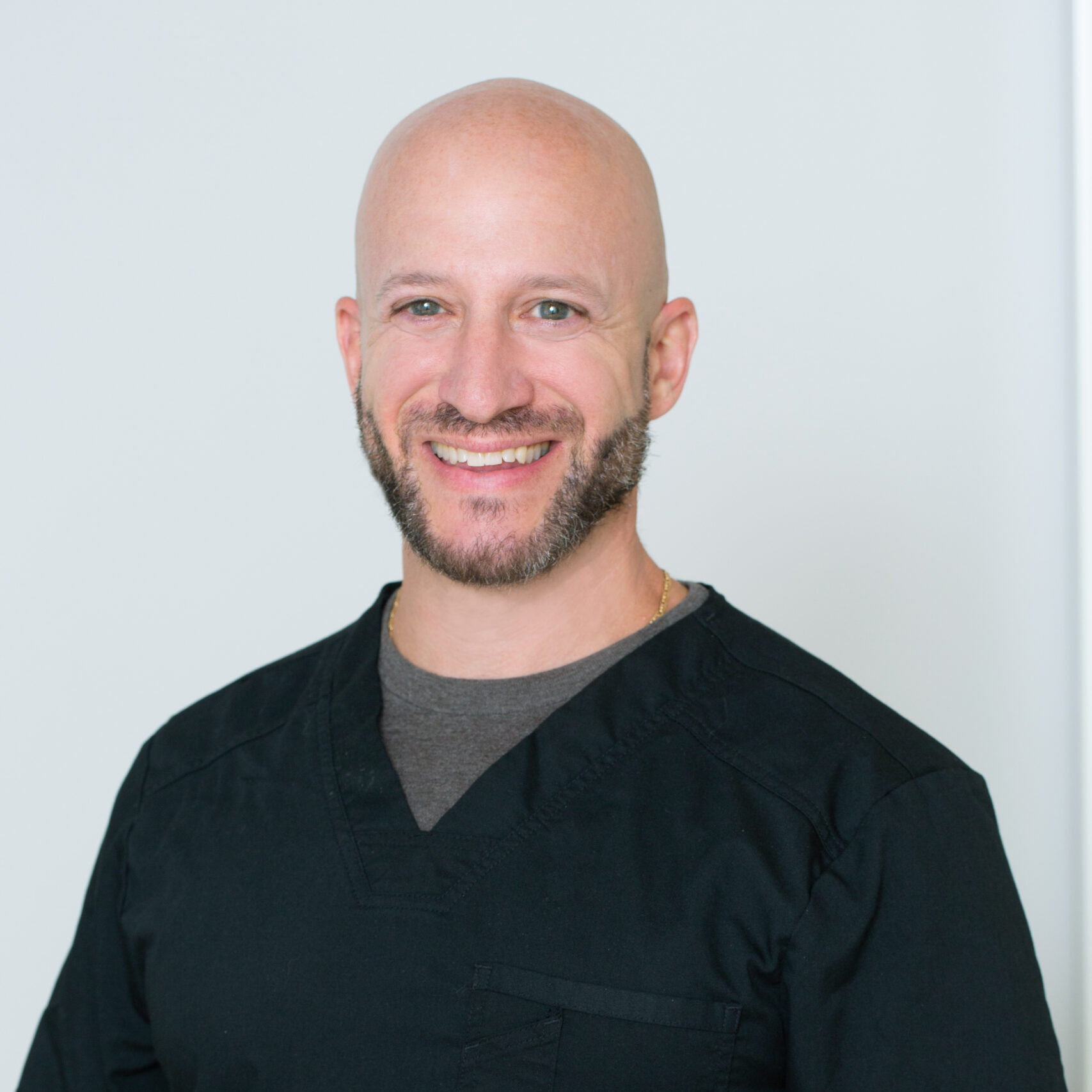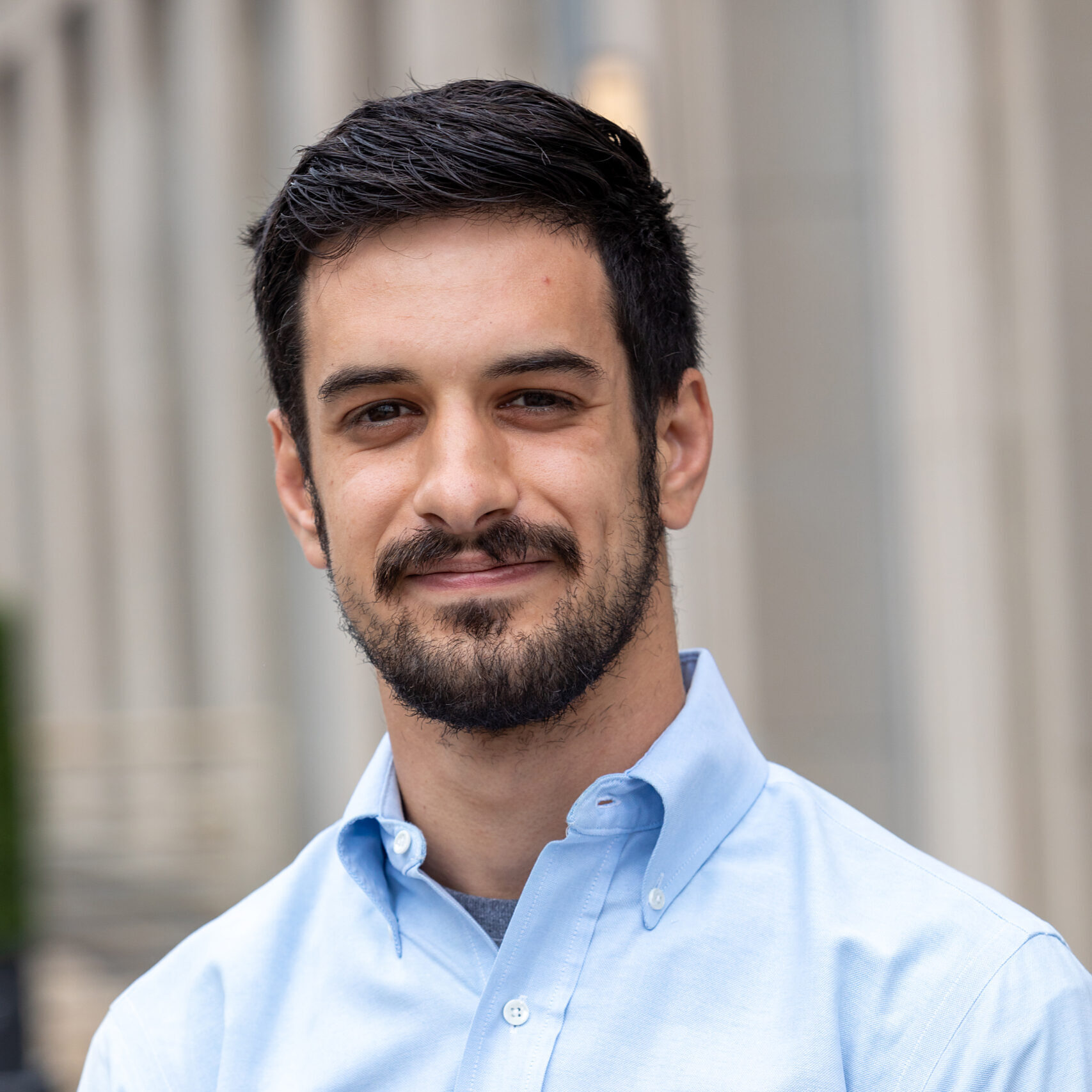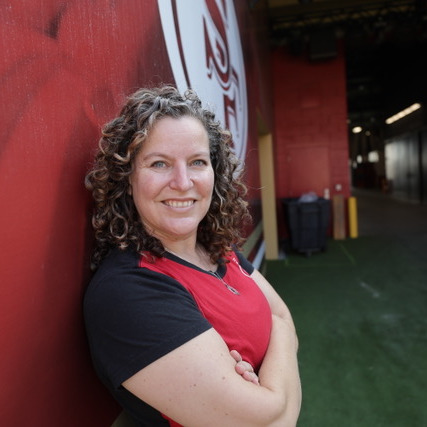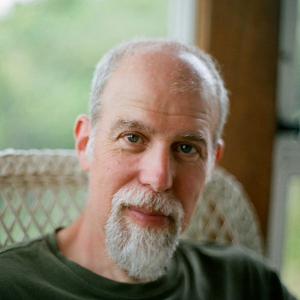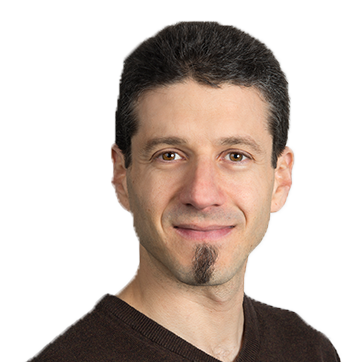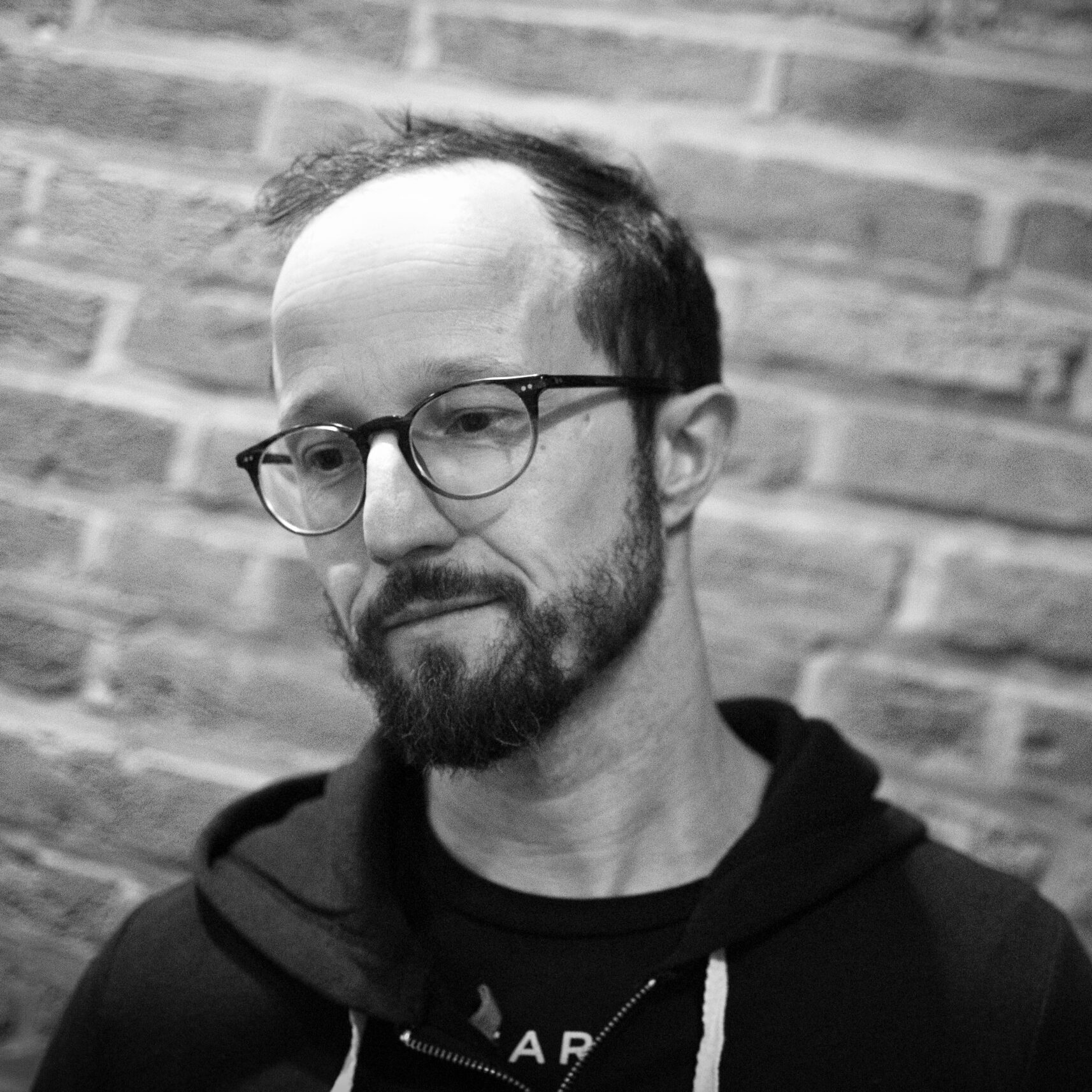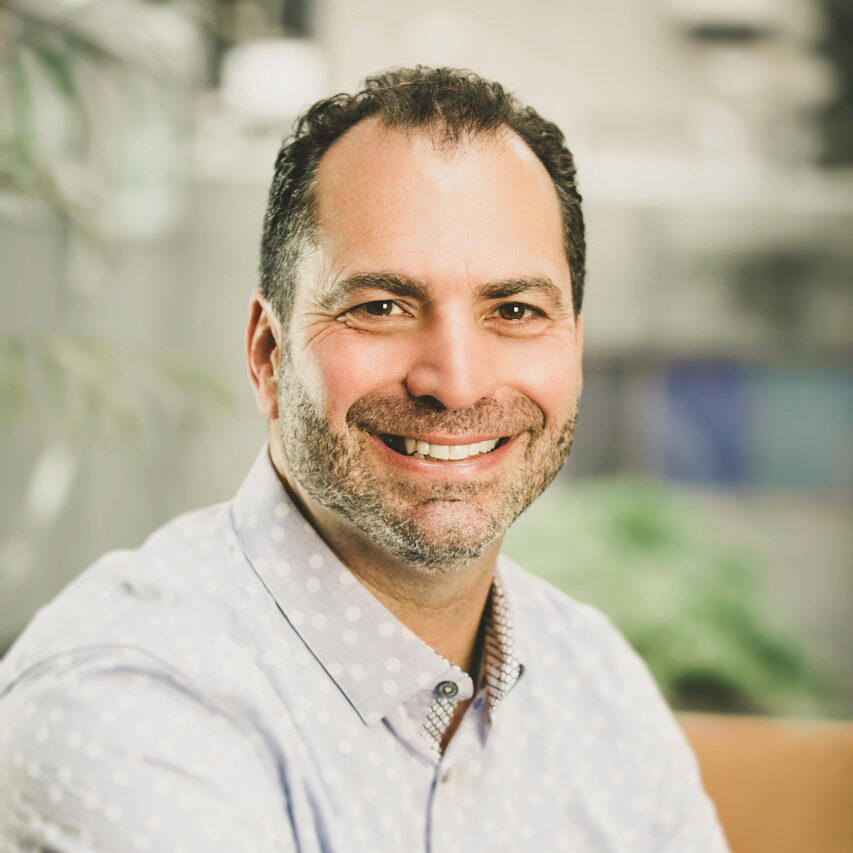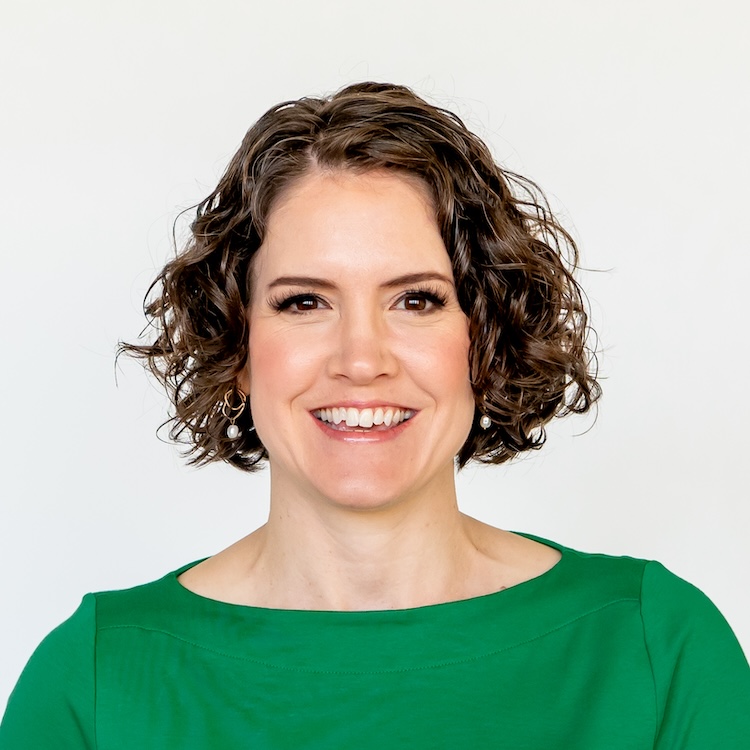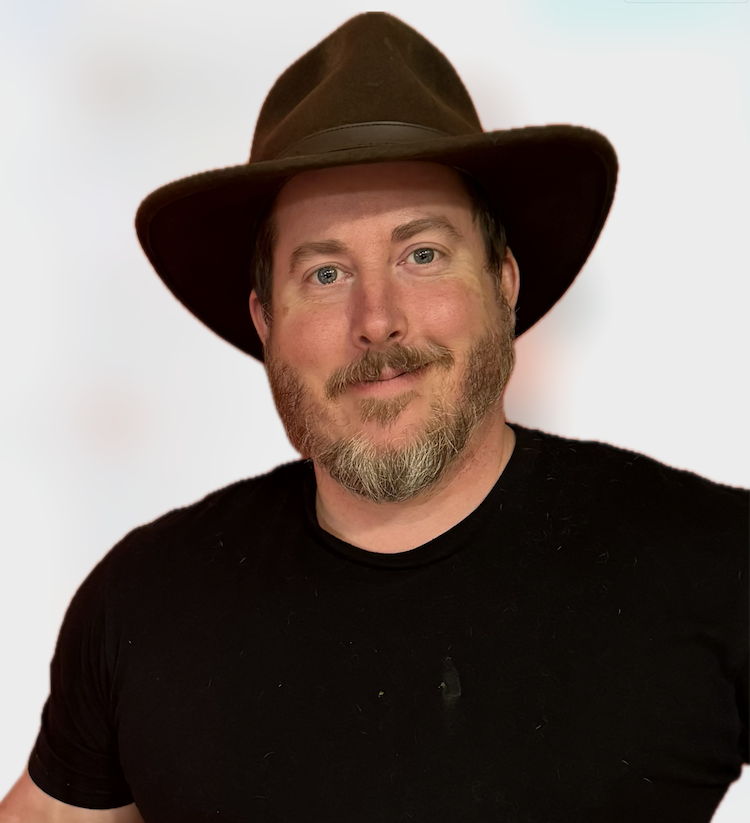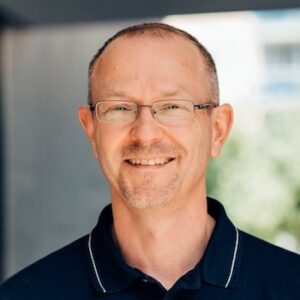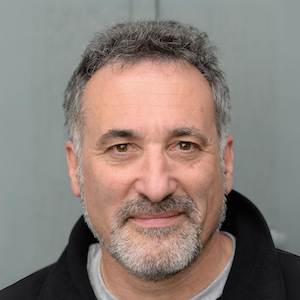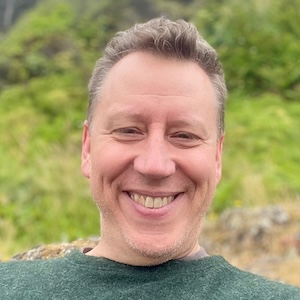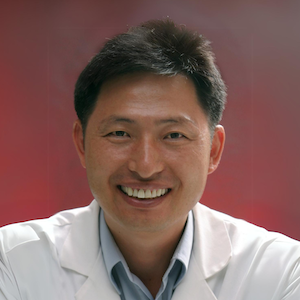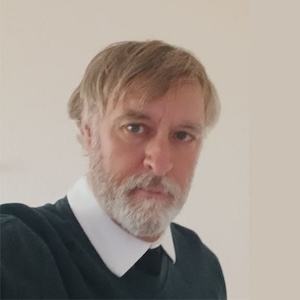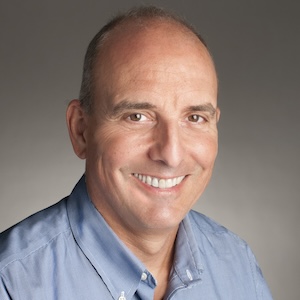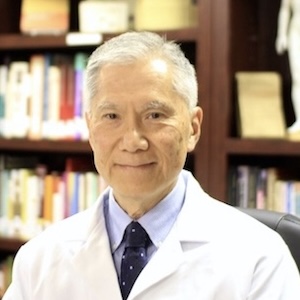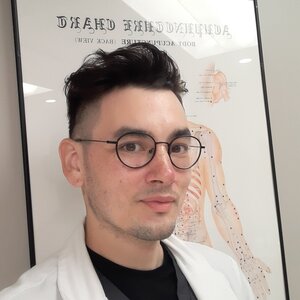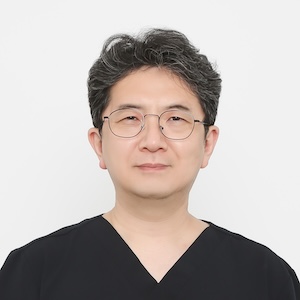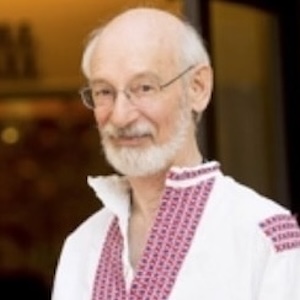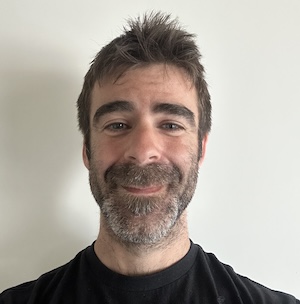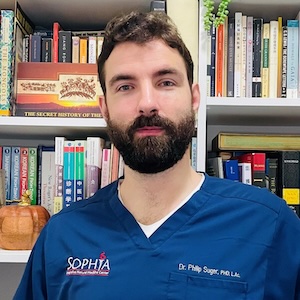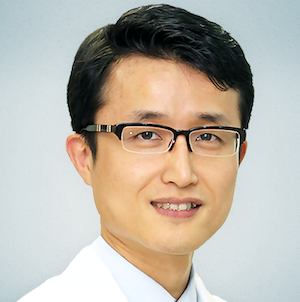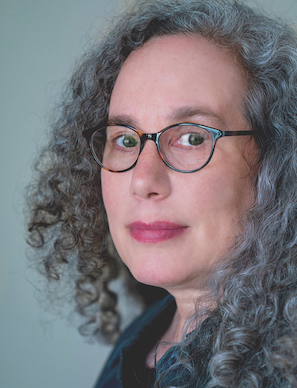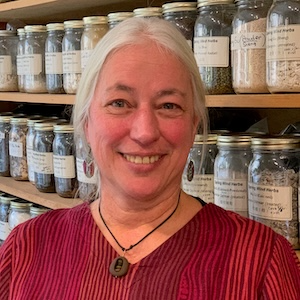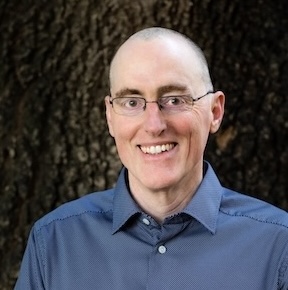Then a friend who I wanted to interview for the show said, “Actually, I'd like to interview you. I've got some questions about the background of your podcast show, and what motivates and fuels you through the various projects I've seen you undertake over the years.”
So today's show is not only gives you a glimpse of what's ahead, but also a peek behind the microphone.
Listen in and find out how I stumbled onto the idea for Qiological Podcast, how curiosity and failure make for a potent prescription for learning and creativity, and why running into resistance is not a sign you're on the wrong path, but rather the right one.
8:35 Where the name Qiological comes from
17:53 A great idea proven wrong by reality
24:04 A couple quick SEO tips
27:24 Some things Michael has learned through podcasting
32:02 What Michael likes in a podcast
33:31 How content is chosen for the show
44:04 Resistance and the creative process
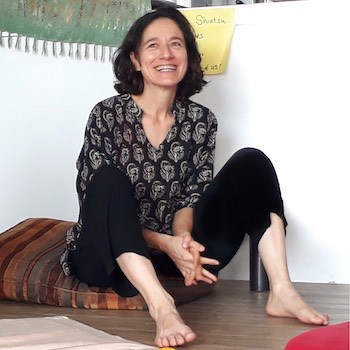
After graduating in philosophy in my native Italy, I started graduate study in philosophy of medicine. This is how I discovered Chinese medicine, a medical system that did not struggle with the same constraints as ‘our’ medicine. In time, I moved from my intrigue over the philosophical underpinnings of conventional medicine to those of Chinese medicine. This led naturally to practicing both herbal and manipulative medicine, specifically shiatsu. On this path I found myself seven years in Taiwan and China, studying modern and classical Chinese and learning from doctors through clinical observation.
I became accustomed to grappling and dancing with the sometimes radical cultural differences. From that time until now I continue to translate and interpret Chinese medicine topics between Chinese and English. I am an editor for the Journal of Chinese Medicine and am based in Germany. I travel regularly for my clinical work, and to teach shiatsu through the European Shiatsu School in Brighton, UK and Tainan, Taiwan.
The interviewee of this episode, Michael Max
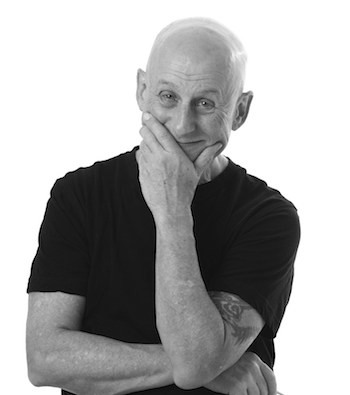 I didn't set out to create a podcast show, in much the same way I didn't set out to learn acupuncture. Those were not decisions that came from a flash of inspiration or childhood longing, but more like how something at the periphery of your vision catches your attention. More like a hunch or decisive whisper.
I didn't set out to create a podcast show, in much the same way I didn't set out to learn acupuncture. Those were not decisions that came from a flash of inspiration or childhood longing, but more like how something at the periphery of your vision catches your attention. More like a hunch or decisive whisper.
Those hunches have lead me through learning acupuncture, acquiring enough Chinese to allow me to engage texts in their original language and share some of that with our community of practitioners. But most importantly have allowed me to be of service to patients who are not sure how they got to where they are, or where to go from there.
I guess you could say those hunches have helped me to find a set of maps that helps me to navigate in clinic and to trust the compass when there is no map. While I crave the certainty of answers, I'm more enlivened by the catalytic nature of questions—that’s what fuels this podcast.
Links and Resources
Here's a link to the archives of Perspectives: Musing on Medicine, the monthly newsletter from Yong Kang clinic.
Everyday Acupuncture Podcast is Michael's podcast series the focuses on educating and informing the general public.
Steven Pressfield's War of Art should be part of the kit for any artist, entrepreneur or business owner.
It's hard to resist the advice of someone when they tell you to “go out and make a ruckus.” Seth Godin's thoughts and advice on “doing our art and shipping it” is brilliant. If you have any issues with being a “marketer or a business person” then subscribing to Uncle Seth's blog would be in your best interest. And reading All Marketer's Are Liars Tell Stories, is a good place to start if you have any issues around the “practice of business.”
Ten Key Formula Families in Chinese Medicine is the first of Huang Huang's books to make it into English. It's a good introduction to his clinical methods and reasoning.
Join the discussion!
Leave a comment on Qiological's Facebook page.

